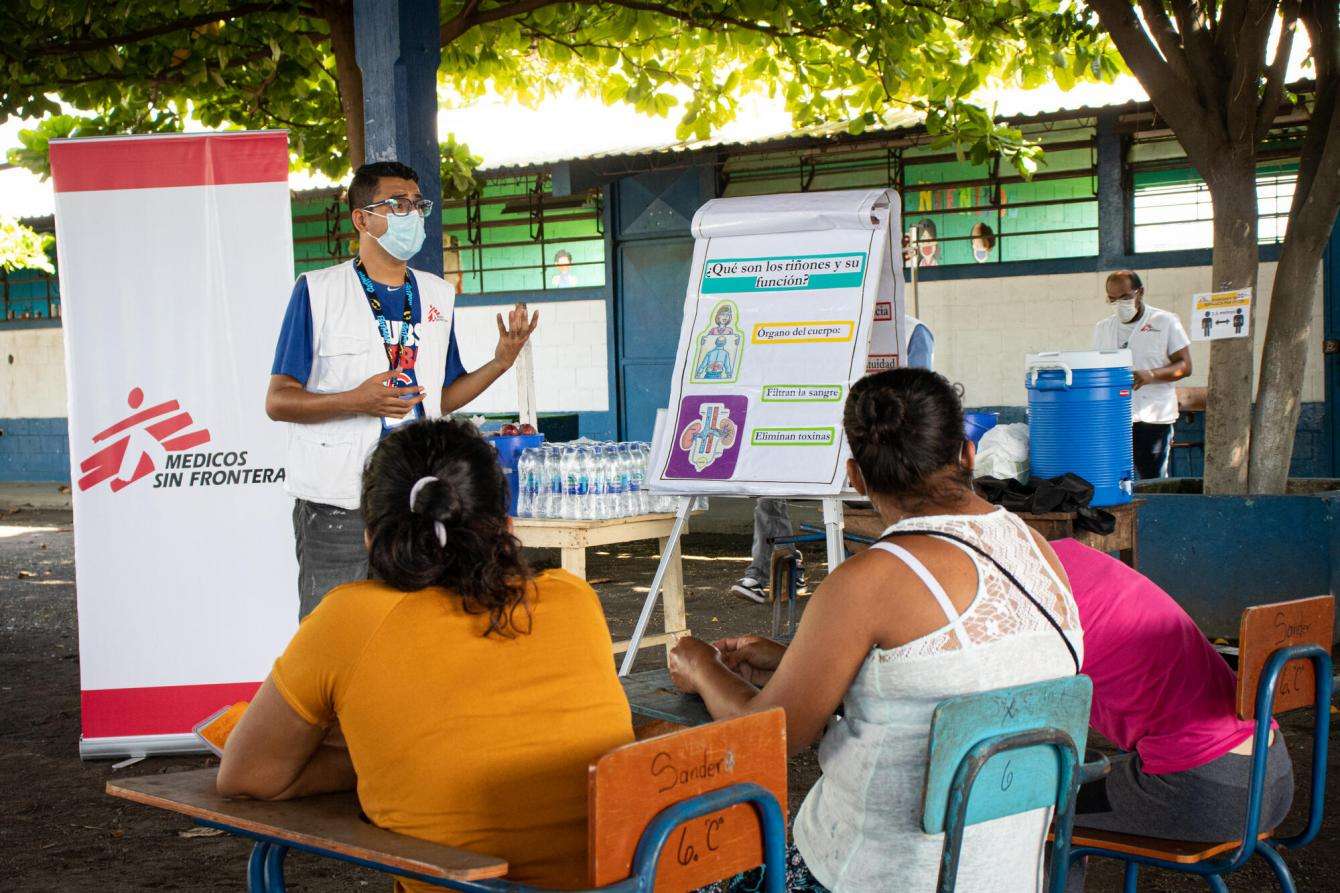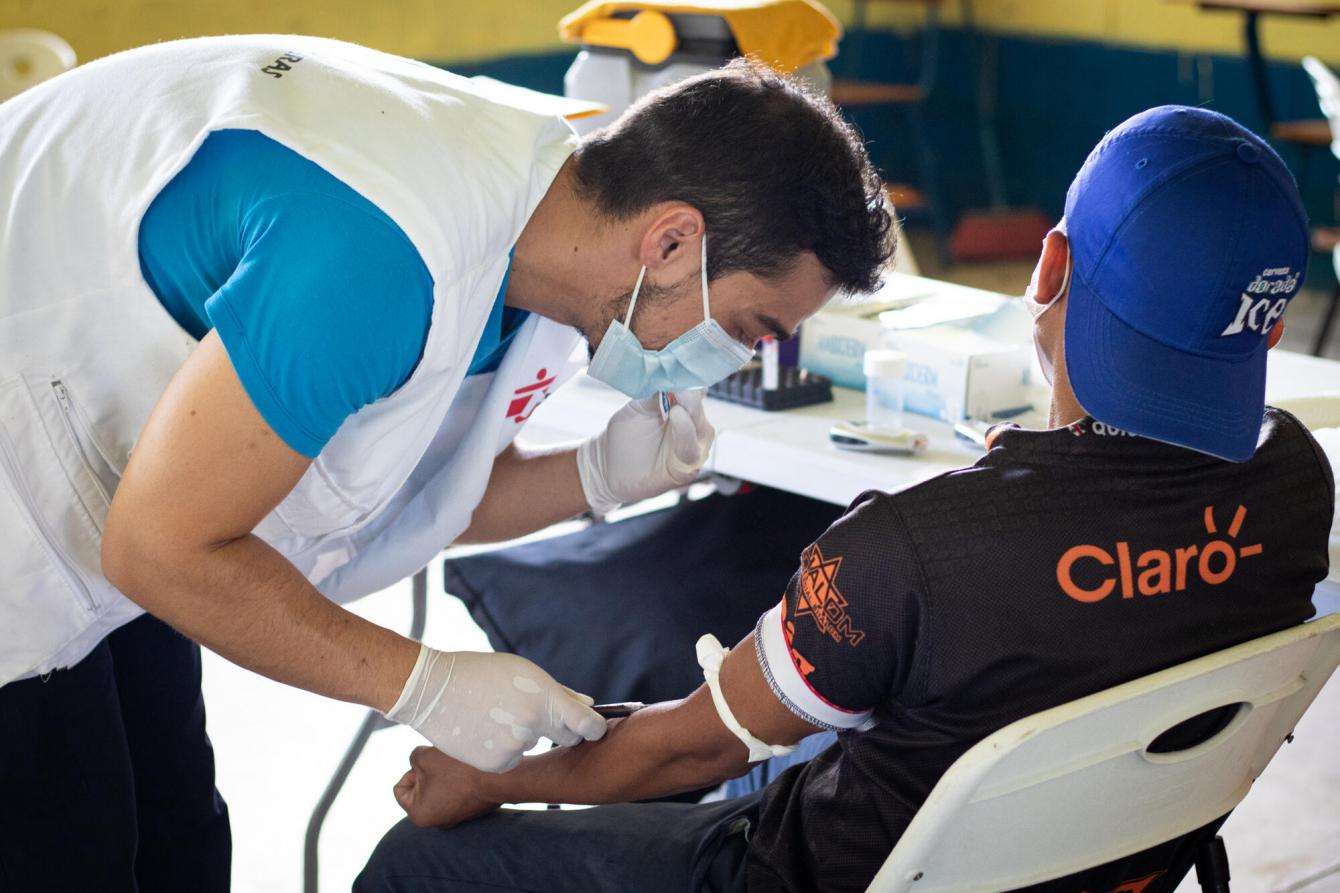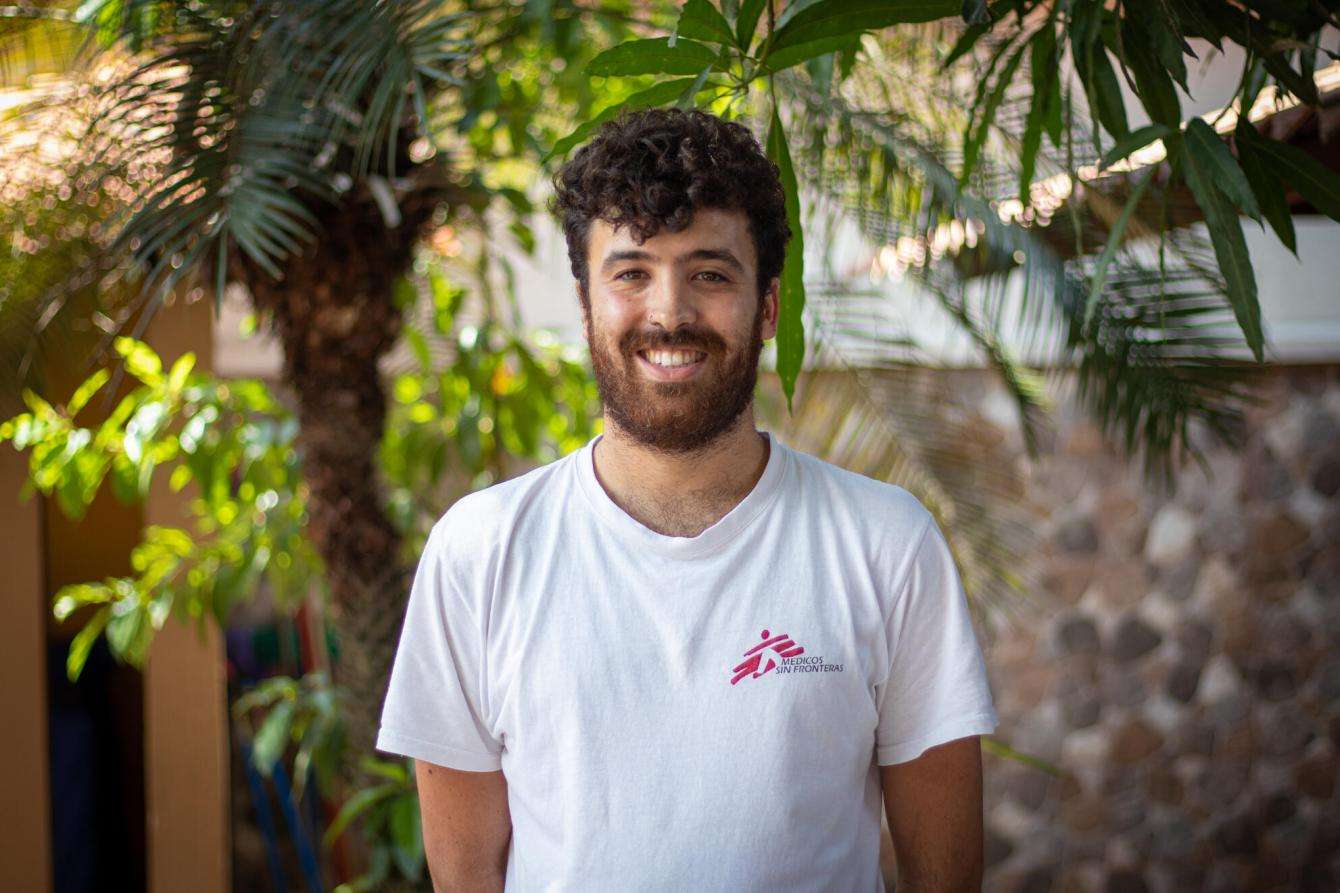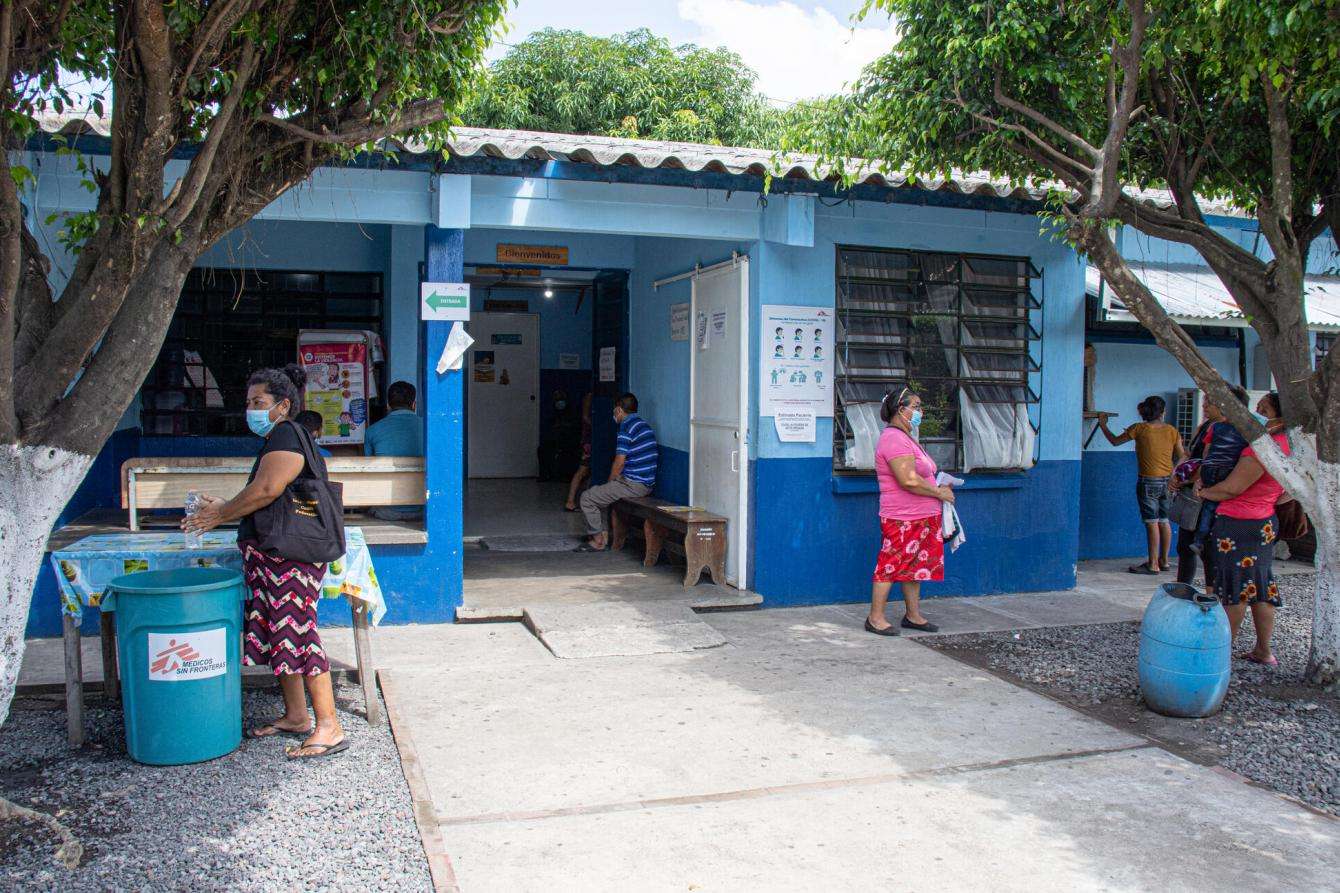Emilio has been a sugarcane cutter in La Gomera, in southern Guatemala’s Escuintla department, since he was 24. Last harvest, Emilio went for his annual medical checkup. He hadn’t been feeling well for a few months but was shocked to learn that he had kidney disease. “We’re not allowed to hire you anymore,” his employer told him. After seven years of working in the fields, 31-year-old Emilio was not ready to stop working. He didn’t know how else he’d be able to support his family.
Emilio was diagnosed with a chronic kidney disease of non-traditional origin, also known as Mesoamerican nephropathy (MeN). The disease causes a progressive loss of kidney function, affecting the kidneys’ ability to perform vital functions such as ridding the body of waste and toxic substances. MeN is endemic in Central America and has caused tens of thousands of deaths in the region in the last two decades.
While little is known about the cause of MeN, it’s thought to be predominantly linked to occupation, and there is growing evidence that points to strenuous work, heat, and insufficient rehydration as risk factors.
“[It] differs from chronic kidney disease because it [predominantly] affects young men without a history of chronic disease, who generally work in agricultural crops, in extreme physical conditions, with high temperatures, in impoverished environments," said Dr. Frida Romero, a medical anthropologist with Doctors Without Borders/Médecins Sans Frontières (MSF).
Escuintla Department, a site of agricultural production, has the second-highest prevalence of chronic kidney disease (CKD) in Guatemala. In August 2021, MSF began health promotion campaigns in Escuintla to raise awareness about the disease—predominantly within communities most at risk, including sugar cane workers and people living near agriculture fields. MSF teams also screen, diagnose, and provide direct medical care to people in the early stages of the disease in the community and in local health centers in La Gomera, La Democracia, and Sipacate municipalities in Escuintla.

Obstacles to receiving timely care
MeN is typically asymptomatic until the advanced stages, so it may go undetected until someone feels very ill. Many patients require urgent dialysis treatment as soon as they are diagnosed. Guatemala has the highest number of kidney patients in Latin America. Every year, 162 new patients requiring dialysis therapy are registered, and there are currently more than 9,000 patients undergoing renal function replacement treatment, according to the Latin America Dialysis and Transplant Registry.
When the MSF team first met Emilio, he had been on dialysis for eight months. He had a jugular catheter, as he could not afford to get a fistula—a surgery that provides an access point for dialysis in the arm. Because La Gomera does not have any specialized renal disease services or tertiary care, Emilio and other MeN patients in the area have to travel long distances—sometimes several hours or even days—to receive appropriate treatment.
Some of the services are overcrowded, meaning that treatment can take a while. In addition, patients need to make multiple trips to get medicine or further tests. This is an exhausting process for people with MeN and causes additional emotional and economic strain. Tiredness is Emilio’s main complaint, but he also experiences insomnia and has lost weight.

Adapting to meet patients’ needs
MSF established its program in Escuintla to develop a simple yet comprehensive care model that assists with timely diagnosis and disease management to reduce the morbidity associated with MeN. The aim is for the model to be easily replicated. The multidisciplinary team has grown and evolved to meet the needs of people with the disease.
Survival rates for people with MeN at five years is low—around 10 percent. So, MSF has integrated palliative care. This component of MSF’s program in La Gomera is in its early stages, and the team has gone to great lengths to understand and adapt to patients’ needs and wishes. MSF teams also talks to families, considering them as an extension of the patient.
“When we first meet a patient, we observe. We let him talk and tell us what his imminent worries are, and his family’s too,” said Mateo Cerro, an MSF nurse and patient support supervisor. “Those verbalized are [usually] the ones that we can share more openly.” When the MSF team visited Emilio, his wife, daughters, son, nephew, and mother-in-law were also there. Emilio told Cerro and the MSF team he couldn’t afford some of the prescribed medications, and that his family was struggling to make ends meet.


Comprehensive end-of-life care
MSF’s team is working on creating comprehensive end-of-life care at home and identifying key actors in the community who would be willing to participate in this process of caring for and accompanying palliative patients. Training Ministry of Health workers in holistic palliative care is also necessary. “One of [our] core goals [is to] advocate for patients to have access to care or controlled medicines—including morphine—which are essential for pain management in palliative care,” said Cerro.
“One day in the future, Emilio [may become] too tired to go to dialysis treatment,” said Cerro. “Before this moment, we still have time to explore Emilio’s worries and preferences concerning his end-of-life care. For [now], we will make great efforts to provide Emilio with decent and acceptable quality of care during progression of the illness. So that we all can be ready to face that situation together: Emilio, his family, and the palliative care team.”
Between August 2021 and June 2022, MSF carried out 2,376 screenings to detect MeN, reached 3,030 people in community activities, and provided multidisciplinary follow-up to more than 106 people who are in the most advanced stages of the disease.




